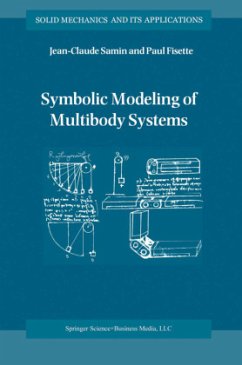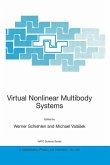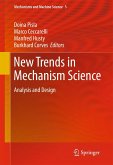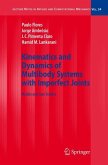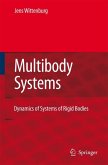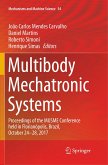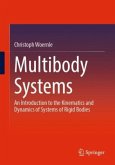Modeling and analysing multibody systems require a comprehensive understanding of the kinematics and dynamics of rigid bodies. In this volume, the relevant fundamental principles are first reviewed in detail and illustrated in conformity with the multibody formalisms that follow. Whatever the kind of system (tree-like structures, closed-loop mechanisms, systems containing flexible beams or involving tire/ground contact, wheel/rail contact, etc), these multibody formalisms have a common feature in the proposed approach, viz, the symbolic generation of most of the ingredients needed to set up the model.
The symbolic approach chosen, specially dedicated to multibody systems, affords various advantages: it leads to a simplification of the theoretical formulation of models, a considerable reduction in the size of generated equations and hence in resulting computing time, and also enhanced portability of the multibody models towards other specific environments. Moreover, the generation of multibody models as symbolic toolboxes proves to be an excellent pedagogical medium in teaching mechanics.
The symbolic approach chosen, specially dedicated to multibody systems, affords various advantages: it leads to a simplification of the theoretical formulation of models, a considerable reduction in the size of generated equations and hence in resulting computing time, and also enhanced portability of the multibody models towards other specific environments. Moreover, the generation of multibody models as symbolic toolboxes proves to be an excellent pedagogical medium in teaching mechanics.
From the reviews: "This is a monograph on multibody system modelling and on the associated dynamics of the resulting models. ... The volume is intended for researchers and practitioners concerned with the dynamics of large complex mechanical systems. The book is also represented to be a teaching aid for students. ... The book summarizes many research results developed by the authors and their colleagues at their research institute. ... The book is reasonably well written, and the analyses appear to be sound." (Ronald L. Huston, Zentralblatt MATH, Vol. 1044 (19), 2004)

